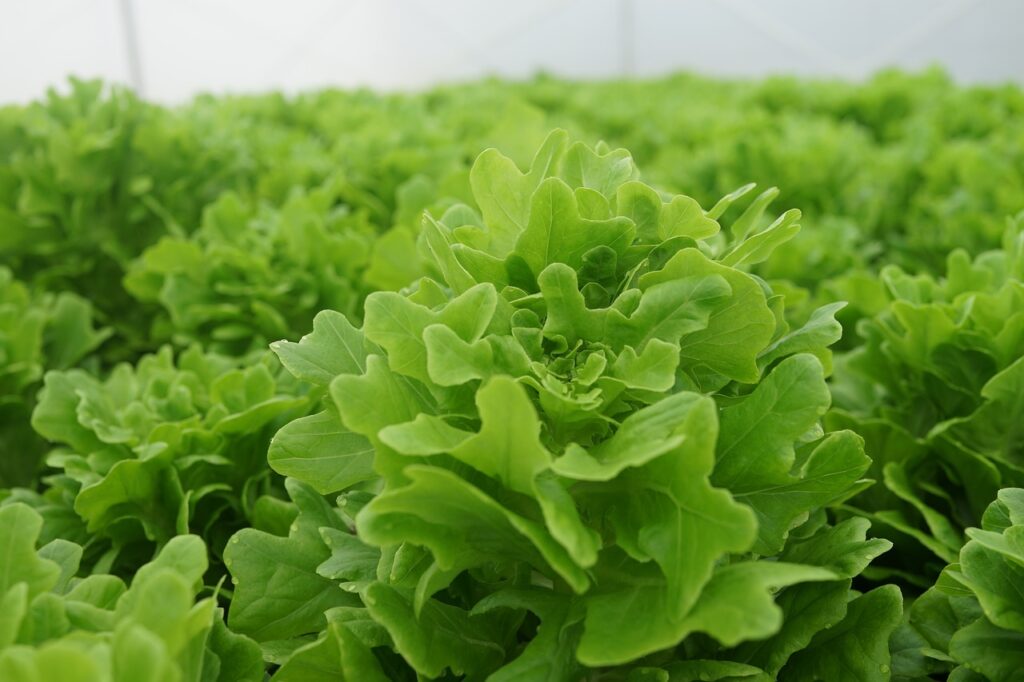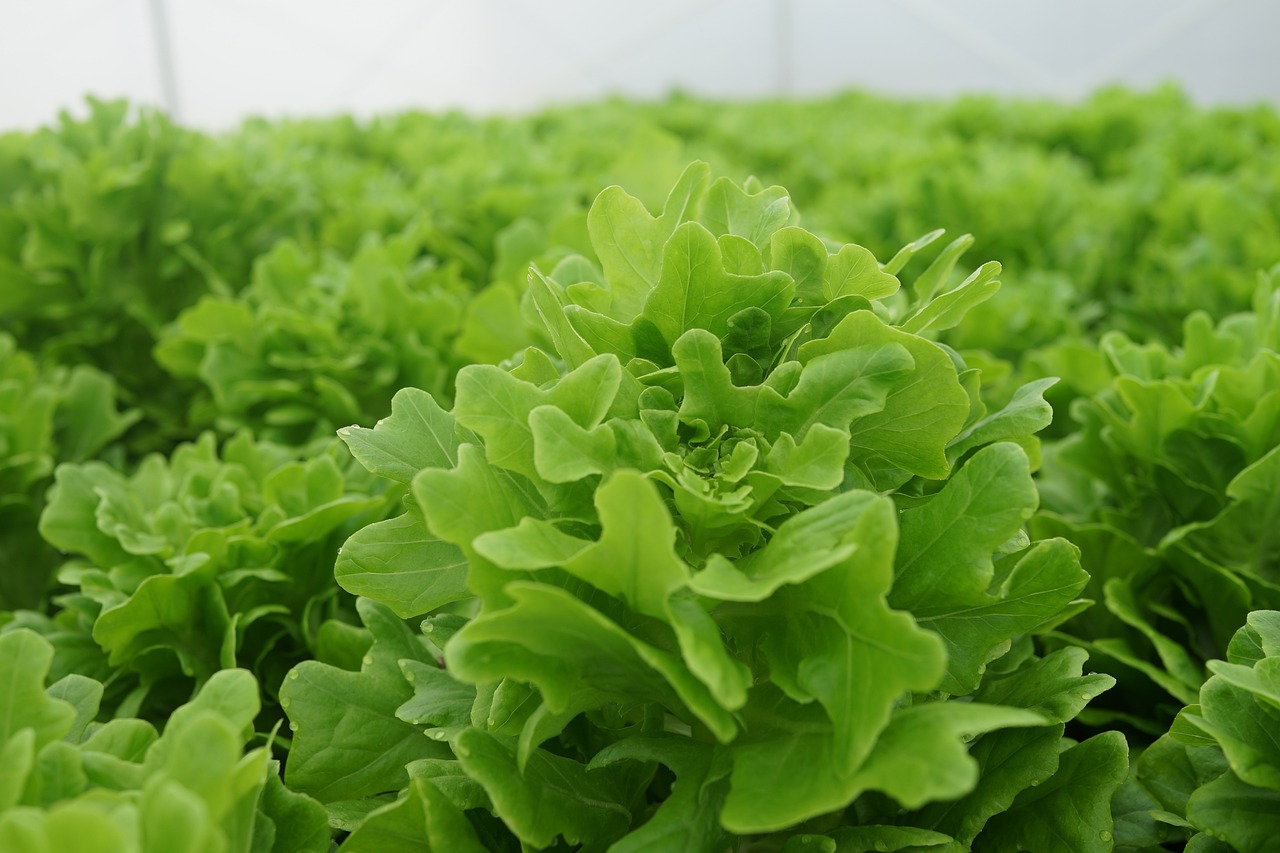In recent years, the global appetite for organic and sustainably produced crops has grown at an unprecedented rate. Consumers are increasingly conscious of where their food comes from, how it is grown, and the broader impact it has on their health and the environment. This shift in consumer behavior has fueled a thriving market for organic and sustainable agriculture, particularly in local communities.

Why the Demand is Rising
- Health Consciousness
Modern consumers prioritize their well-being and are willing to invest in food that is free from harmful chemicals, pesticides, and synthetic fertilizers. Organically grown crops are perceived as healthier and more nutritious, which aligns with the growing focus on holistic health and wellness. - Environmental Awareness
Sustainability has become a buzzword for good reason. Conventional farming practices contribute to soil degradation, water pollution, and greenhouse gas emissions. Organic farming, on the other hand, emphasizes soil health, biodiversity, and reduced environmental impact, making it a popular choice among eco-conscious shoppers. - Support for Local Economies
Buying locally produced organic crops not only ensures fresher produce but also supports local farmers and stimulates regional economies. This resonates deeply with consumers who value community development and sustainable livelihoods. - Transparency and Trust
Local markets provide a direct connection between farmers and consumers. This relationship fosters transparency, allowing buyers to learn more about farming practices and make informed choices about what they consume.
Opportunities for Farmers
The rising demand for organic and sustainably produced crops presents significant opportunities for small and local farmers:
- Premium Pricing: Organic certification often allows farmers to command higher prices for their products, increasing profitability.
- Diverse Markets: Farmers can sell directly to consumers through farmers’ markets, community-supported agriculture (CSA) programs, and online platforms, bypassing intermediaries.
- Long-Term Viability: Sustainable practices like crop rotation, composting, and reduced chemical use help maintain soil fertility and productivity, ensuring a stable future for farms.
Challenges to Overcome
While the opportunities are immense, transitioning to organic and sustainable farming is not without challenges:
- Certification Costs: Obtaining organic certification can be expensive and time-consuming for small farmers.
- Market Competition: The popularity of organic produce has led to increased competition from larger players and imports.
- Consumer Education: Not all consumers understand the value of organic and sustainable practices, necessitating ongoing education and awareness campaigns.
How to Support the Movement
- Shop Local: Purchase produce from nearby farms or farmers’ markets to directly support local growers.
- Ask Questions: Engage with farmers to learn about their methods and understand the effort behind organic and sustainable farming.
- Advocate for Policy Changes: Encourage policies that support small farmers, subsidize organic certification costs, and promote sustainable agriculture.
A Growing Trend with Lasting Impact
The shift toward organically certified and sustainably produced crops is more than just a trend—it’s a movement with the potential to reshape food systems globally. By choosing organic and local, consumers are not only investing in their health but also in the well-being of the planet and the livelihoods of hardworking farmers.
For small and local farmers, this growing demand signals a promising future, one rooted in sustainability, community, and innovation. Together, we can build a food system that nourishes both people and the planet.


Leave a Reply